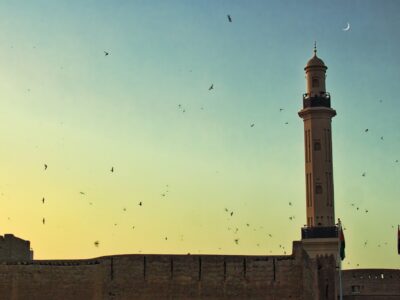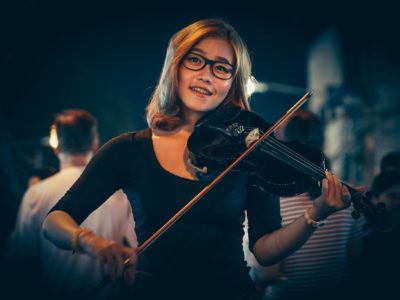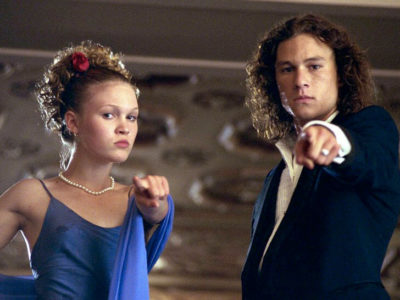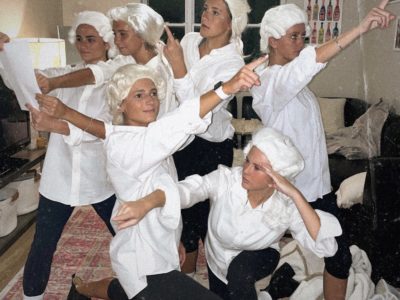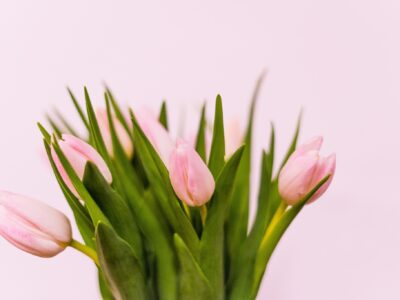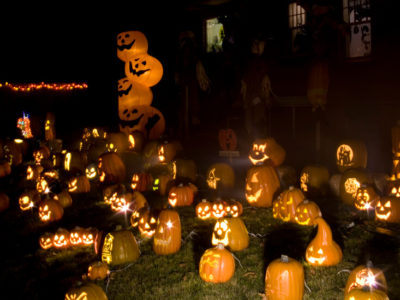Another successful year of Ramadan now put behind us. We instead look forward to Eid, all the food we’ll eat and all the people we’ll see. Most people already know the phrase “Eid Mubarak,” whether they celebrate Eid or not. They put their happy holidays wishes out to all Muslims celebrating, and this year makes no difference. It does make me wonder, however, how many people actually know what Eid means.
So I figured: what better chance to give people an idea than right here in this wee little article?

I find it interesting that Eid really exists as the only holiday a lot of non-Muslims know about. In all fairness though, we don’t get fun Hallmark films about our holidays. I don’t expect to see The Princess Switch Arab-edition anytime soon, and I couldn’t imagine it anyway. However, I do think the reason no one knows about festivities other than Eid falls to something more than advertising. For one thing, Eid comes at the end of a long month of refraining from eating or drinking anything all day, and that leaves an impact on a person’s mind, even if they don’t fast.
At some point, the non-Muslim person will notice that their Muslim friend stopped fasting, and questions arise.

You don’t end a tough month like Ramadan with nothing, so of course Eid comes in as the reprieve everyone wanted and waited for. Trust me on this. If we feel a rush of joy at the end of the day after getting to finally eat, our adrenaline spikes on Eid because we finally get to wake up and enjoy a cup of coffee. Nothing induces happiness like the promise of caffeine in the morning. Eid symbolizes that. After a month of waking resigned to no simple pleasures to aid us throughout our day, this holiday comes in as the savior, made all the more important because it marks the first day back, if you will.
We get plenty of weeks to eat afterwards, but that first day we get to enjoy breakfast again only comes once a year.

And boy oh boy, do we like to express our excitement over it. I remember as a kid packing to go spend Eid with my grandparents and all my aunts and uncles and cousins. There sat this apartment building with kids and adults rushing up and down the stairs in newly bought dresses and polo shirts. Kitchen tables covered in trays of food and pastry, women laughing over pots and pans and men yelling over each in the living room over cigars and politics. Grandparents gave their grandchildren money as a holiday gift, because ‘tis the way of a grandparent. Mothers warned their children not to get dirt on their clothes. All the apartment doors stayed open because everybody knew everybody, and smells of food wafted out of every window.
When I think back to Eid after Ramadan, I remember that aspect of it most: the noise.

The good kind of noise, obviously. Laughter, chatter, TVs playing music, cousins singing with each other or gossiping about the latest high school news. In that way, Eid meant more than just the day after Ramadan. It represented a kind of trophy to the community, as if to say, “Look at what you accomplished together! Look at what you’re all part of.” It always means community, getting together and feeling pride, not at managing to starve ourselves for a month, but in knowing that it was a month we endured together.
Maybe we even came out the other end a little wiser for knowing what we can live without, and a little tougher for it, too. Ramadan gets difficult, I won’t kid myself here. By day one, I couldn’t wait for it to end. Then night came, I enjoyed my food and my coffee, and the idea of fasting again didn’t seem so bad. Don’t get me wrong, I still want my coffee in the morning. I get surprisingly little done without my caffeine. That said though, I won’t deny that when Eid comes, I look around at the people gathered for the occasion and I feel part of something bigger than me. Besides, now that Ramadan officially ends for the year, might as well enjoy the first day back with a hearty and overjoyed “Eid Mubarak!”

